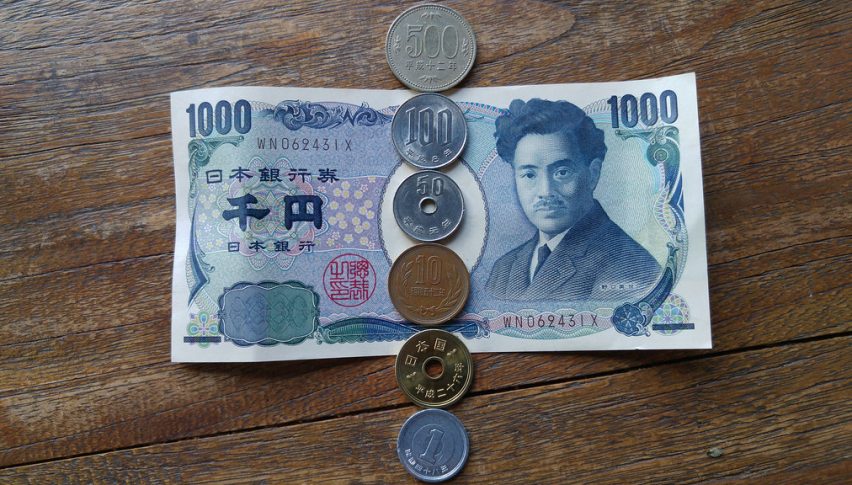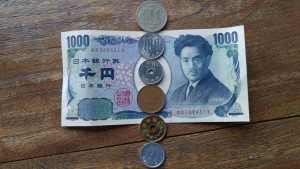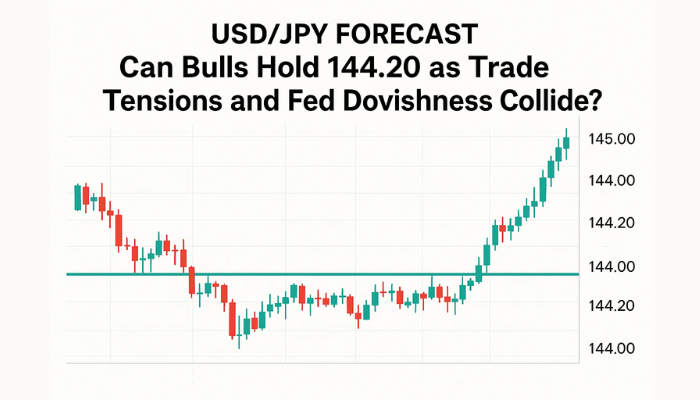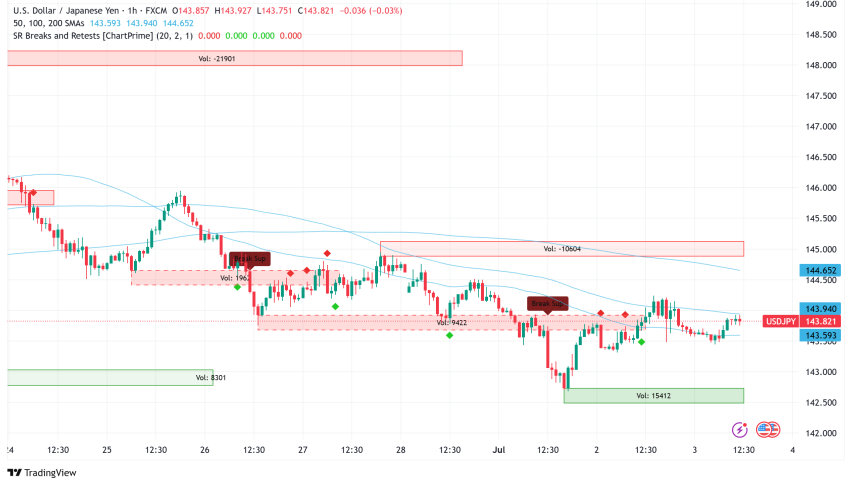Will the BOJ Intervene As USD/JPY Remains Above 150?
In the past years, we have seen quite a few interventions by the Bank of Japan, as the Japanese yen to USD rate kept declining and...

In the past years, we have seen quite a few interventions by the Bank of Japan, as the Japanese yen to USD rate kept declining, due to the fact that inflation remained under control in Japan, and the BOJ kept rates negative. But, analysts believe the BOJ might tweak the policy soon, as the JPY remains under pressure.

The increase in net shorts in the Japanese yen suggests that now may be an opportune time for the Bank of Japan (BoJ) to raise interest rates. MUFG believes that the BoJ is laying the groundwork for an exit from negative rates, with a potential rate hike as early as the next meeting in March.
This sentiment is supported by the rise in Japanese 2-year rates to +0.18%, the highest level since 2011. MUFG highlights that an earlier rate hike could help mitigate the risk of further weakening of the Japanese yen, particularly in an environment where there is encouragement for yen-funded carry trades. The JPY rallied 70 pips higher yesterday after the inflation numbers from Japan, but it reversed back down, with USD/JPY being little changed at the end of the day.
This was partly due to the release of Japanese core CPI data, which came in at 2.0% year-on-year, higher than the predicted 1.8%. However, it still declined by 3 points from the previous month. The Bank of Japan has indicated that spring wage talks will be a significant factor in determining the timing of any rate hikes.
Overall, the market believes that the BoJ may consider raising interest rates sooner rather than later, especially given the recent increase in net shorts in the Japanese yen and the positive inflation data. Investors will be closely watching for updates on the BoJ’s monetary policy stance, as well as developments in spring wage negotiations, for further insights into potential rate hikes.
USD/JPY Live Chart
- Check out our free forex signals
- Follow the top economic events on FX Leaders economic calendar
- Trade better, discover more Forex Trading Strategies
- Open a FREE Trading Account


